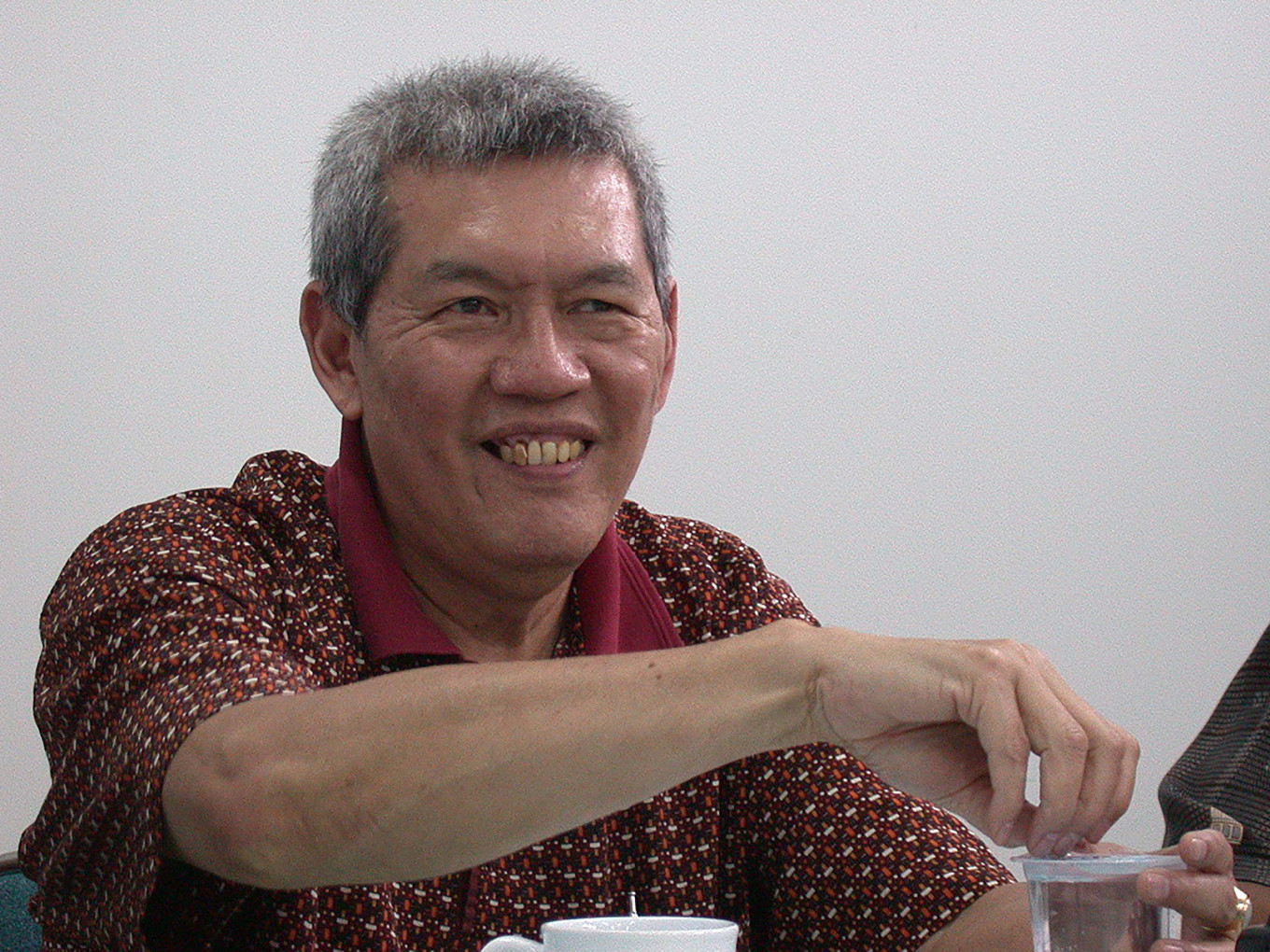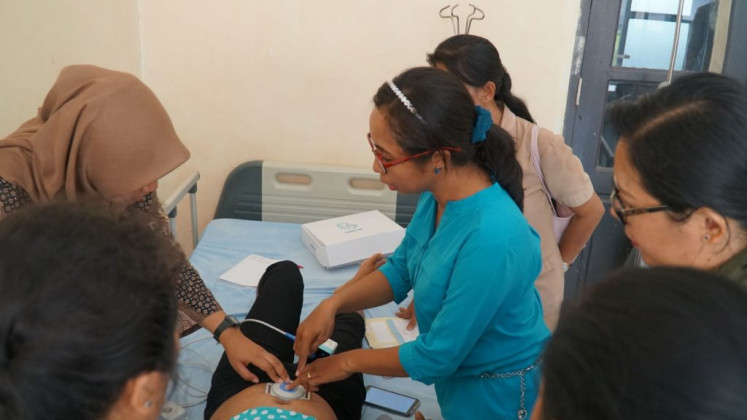Popular Reads
Top Results
Can't find what you're looking for?
View all search resultsPopular Reads
Top Results
Can't find what you're looking for?
View all search resultsArief Budiman's legacy: Passion for academic and social activism
The life of Arief Budiman can be divided into periods of academic activities and his engagement in social and political activism.
Change text size
Gift Premium Articles
to Anyone
M
elbourne University sociologist Arief Budiman passed away on Thursday. He is known to have suffered from Parkinson’s disease since 2014. At that time, he stopped reading newspapers and watching TV, which he had liked doing in years before.
He was admitted to a hospital for non-COVID-19 patients near the Central Java city of Salatiga, where Arief and his family live. With the approval of his family members, his funeral was conducted in accordance with the emergency protocol.
Metaphorically speaking, when he was 79 years old (1941 to 2020), Arief performed Samuel Beckett’s play Endgame.
The life of Arief Budiman can be divided into periods of academic activities and his engagement in social and political activism. In the mid-1960s he was very active in organizing antigovernment protests, and in 1971 he joined the opposition to the Indonesia Miniature Park project, which had been initiated by then-first lady Tien Soeharto.
Before the first general election ever held by the New Order government in 1971, Arief and his friends launched a national campaign to boycott voting, because the election would be conducted according to a prefabrication of the Soeharto regime and therefore it would offer no free choice to the people.
Arief and his followers were referred to as golput (white category), an Indonesian portmanteau referring to a movement of abstainers that distinguished itself from the three colors of political parties contesting the election: yellow for the New Order’s Golkar Party, red for the nationalist-oriented Indonesian Democratic Party and green for Islamic parties.
From that year on until 1980, Arief’s political activities and his engagement in social movements declined, as he spent most of his time abroad to prepare for study. He spent one year in Paris, briefly returned to Indonesia and then moved to Harvard University. During this stint in America, he also spent a short period of time as an assistant to anthropologist Clifford Geertz at Princeton University, before completing his study at Harvard.
Upon arrival in Indonesia in 1981 he embarked upon serious regular lecturing at Satya Wacana University in Salatiga until 1995. However, during this period Arief could not restrain himself from engagement in social movements and political action.
There was no doubt about his dedication to academic obligation, but one could not help sensing his intense engagement in any form of social movement and political action of students. He was involved in the student activism through the Geni Foundation, which explored appropriate technology to help lower-income people make ends meet.
Arief was also involved in a movement against animal cruelty. In places around Salatiga, prior to the Islamic Day of Sacrifice, many people deliberately gave extra water to their cows so that they gained more weight and could be sold at higher prices. Satya Wacana University students, supported by Arief, organized a protest against the transgression of animal rights.
Some have noticed that Arief loved doing research as part of his academic responsibility, but he was also enthusiastic in joining any form of social movement and political action. During his full-time service as lecturer at Satya Wacana University, he was willing to take part in an experimental school, the School of Social Sciences in Jakarta, in the late 1980s.
Initiated by Sjahrir and supported by a number of intellectuals, the school tried to connect systematically theoretical understanding and social sensitivity. Unfortunately, the school was short-lived because the government believed it was a “wild” educational institution that ran counter to the national education policy.
In everyday life Arief was a sociable person. There was hardly any formality that would complicate social contact with him. Anyone who met him would have the feeling of talking to a man on an equal level. He never demonstrated a token of his academic status or his national or international reputation that would create a gap with people around him. It was always easy to start a discussion with him, though this does not mean that he would not be critical. Even when criticizing, he communicated it in a friendly manner, without any hint of condescendence.
Friends and colleagues have testified to his humility. However, I, for one, would rather be of the opinion, that his being humble was an expression of his deep-seated conviction of human égalité as propounded by the French revolutionaries in the 18th century. No standard of wealth, erudition, intelligence, descent, power or physical or moral supremacy could become a reason to view other people as superior or inferior.
To a certain extent this conviction can explain his sympathy with socialism as a political system, which surprisingly became his topic of everyday academic or political discussion in Indonesia after he left Harvard University.
Arief was married to Leila Chairani, an experienced practicing psychologist. They have one son and one daughter. Once I, my wife and my son had the opportunity to spend one night at their house in Salatiga. Since that time, my understanding of his academic and social-political behavior was also true for his family life.
***
Sociologist and chairman of Indonesian Community for Democracy










